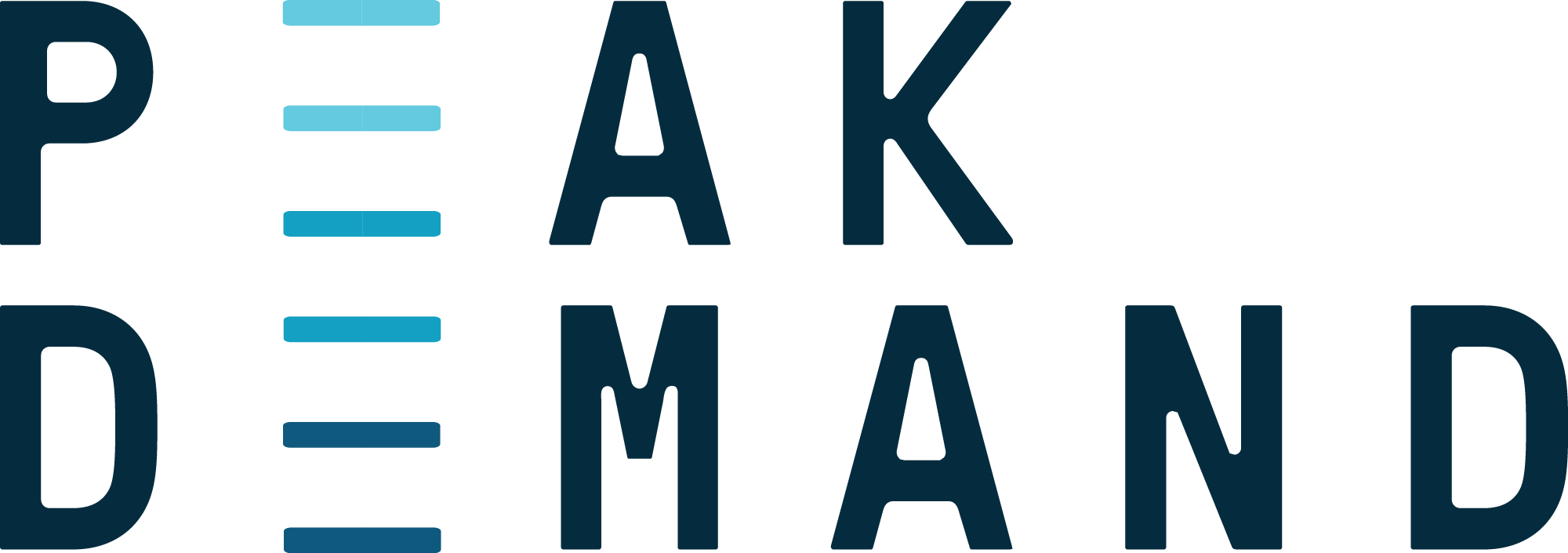BLOG
STAY UP TO DATE ON NEWS, ENERGY INDUSTRY INSIGHTS, AND TIPS FOR HIRING AND INTERVIEWING IN RENEWABLE ENERGY, AND ENERGY STORAGE.
Less Fluff More Content
We see a lot of resumes in our line of work. A lot. What’s shocking is the number of candidates who prioritize the font, style, or headline of their resume over the actual content.
Although it’s nice to make your resume look great, the content is still by far the most important piece of the puzzle; it’s your professional story. Many applicants add an excessive amount of irrelevant information, or fluff, and not enough meaningful content, like professional accomplishments, accolades, and relevant skills.
Unfortunately, many candidates still adhere to the old proverb that more is better, but adding fluff to your resume just to make it look more substantial will turn off any decent HR person.
One candidate filled the professional gaps in his resume with “Stay-at-Home Dad” as his profession, and outlined his daily daddy daycare duties as his responsibilities and skills. That would have been great if he were applying for a position where that background and those skills were actually relevant, but he was applying for an engineering position at a large solar firm. Unless your next role involves caring for children, leave that one out. Your resume should be a presentation of the most relevant skills that you can apply to the position you’re after.
You should also be conscious of how and when you use the title of “consultant”. Depending on the industry, many managers equate “consulting” with unemployment. Consulting is a valuable option for many professionals, and if your industry supports it, consulting can be a great opportunity to run your own business and set your own hours. Now, if you do decide to include consulting on your resume, be sure that it isn’t just fluff. Reference customers you have consulted for, or are currently consulting for, as the accomplishments you’ve achieved. The more concrete examples you can provide, the better.
The main takeaway of your resume is your portfolio. It’s often the first and only place where you have the ability to outline your success and display your value to a potential new manager. What are your accomplishments? Have you received professional recognition for anything? How can you show immediate value to this hiring authority?
Not only is it socially acceptable to show off professionally nowadays, but it is warranted and expected. Just make sure you’re showing off the right stuff and not putting on a show that will be seen right through.
In conclusion, you want to go through each portion of your resume to ensure that there is no superficial fluff and plenty of good, verifiable content. It’s for your greatest good, so be sure you take the time to optimize your resume in this way!
